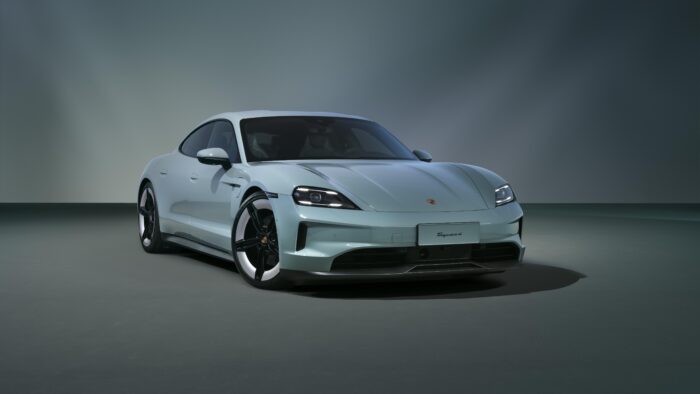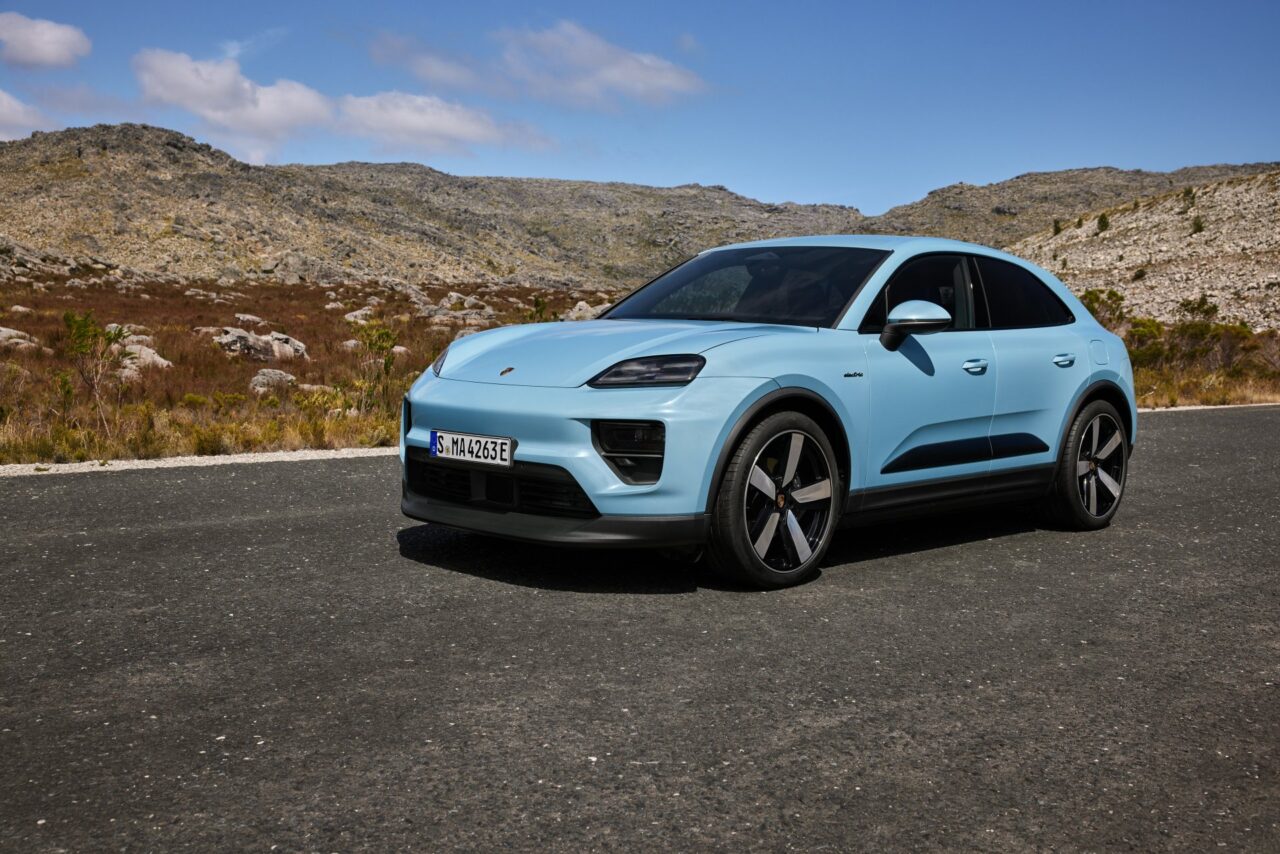Porsche Taycan Production Relocation? Porsche Faces Reassessment of Its Electric Vehicle Strategy
公開日:2024.12.19

コンテンツ
Porsche Faces Declining Sales
Porsche is reportedly facing a slump in sales. Global sales from January to September dropped 7% compared to the same period last year, with the crucial Chinese market plunging by 29%. While sales in Germany increased by 8%, the North American market also saw a 5% decline, failing to offset the overall downturn.
The unstoppable momentum of emerging EV makers like China’s BYD and Tesla, combined with worsening economic conditions in China, has only intensified the challenge.
The root of this issue is said to lie in Porsche’s model planning. A few years ago, Porsche set an ambitious goal to make 80% of its new car sales fully electric by 2030. However, the current management is softening this target.
Porsche Forced to Reconsider Its Electric Vehicle Strategy
Porsche’s electric vehicle strategy appears to be off track from the original plan.
One factor is the delay in electrifying the important volume model, the Macan. At the same time, Porsche is reportedly no longer investing in the development of existing internal combustion engine platforms. As a result, due to new EU cybersecurity regulations, some internal combustion models like the 718 can no longer be sold without modifications.
According to the German automotive magazine Automobilwoche, Porsche is drafting new plans across many areas including development and production. Of particular interest is the potential change in the Taycan’s production location.

Considering Moving Taycan Production to Leipzig
Despite a facelift earlier this year, Taycan sales have dropped significantly, leading to plans to produce this electric sedan in Leipzig in the future. However, according to the article, no final decision has been made yet, and Porsche has declined to comment on the matter.
Taycan production was integrated into the Zuffenhausen plant as a “symbolic project for electric mobility,” involving huge investments. This included building an exceptionally long bridge to transport car bodies across the entire factory and roads. Employees even gave up part of their salaries to help fund the new facility.
However, demand is now lacking, and temporary workers’ contracts are not being renewed. There are reports that up to 1,000 contracts may expire.
Porsche Forced to Rethink Its Electric Vehicle Strategy
Lutz Meschke, Porsche’s CFO and Executive Vice Chairman, reportedly supports the approach of manufacturing highly customized vehicles at the Taycan plant. Currently, Porsche can produce only about 500 highly customized cars, but customers pay a premium especially for iconic models like the 911.
Not only production but development plans also need urgent revision. For example, the electric version of the Cayenne SUV scheduled for 2026 may be delayed. Like the Macan, the electric Cayenne is based on the PPE platform.
Meanwhile, there are talks of a complete overhaul of the internal combustion engine platform. Until now, only modest updates were planned, but since the Audi Q7 and VW Touareg share the same platform (all three models are produced in Bratislava), Porsche alone may not be able to decide.
The electric flagship K1 (a 7-seat electric SUV based on the group’s SSP platform), scheduled for production in Leipzig from 2027, is also reportedly facing a “multi-year delay.” Additionally, the possibility of an internal combustion engine version, which had not been planned before, has emerged.
Porsche is being forced to reconsider its electric vehicle strategy, and its future moves are highly anticipated. How Porsche balances the transition to electric vehicles with the continuation of existing models remains to be seen.
このブログが気に入ったらフォローしてね!


Comment ( 0 )
Trackbacks are closed.
No comments yet.